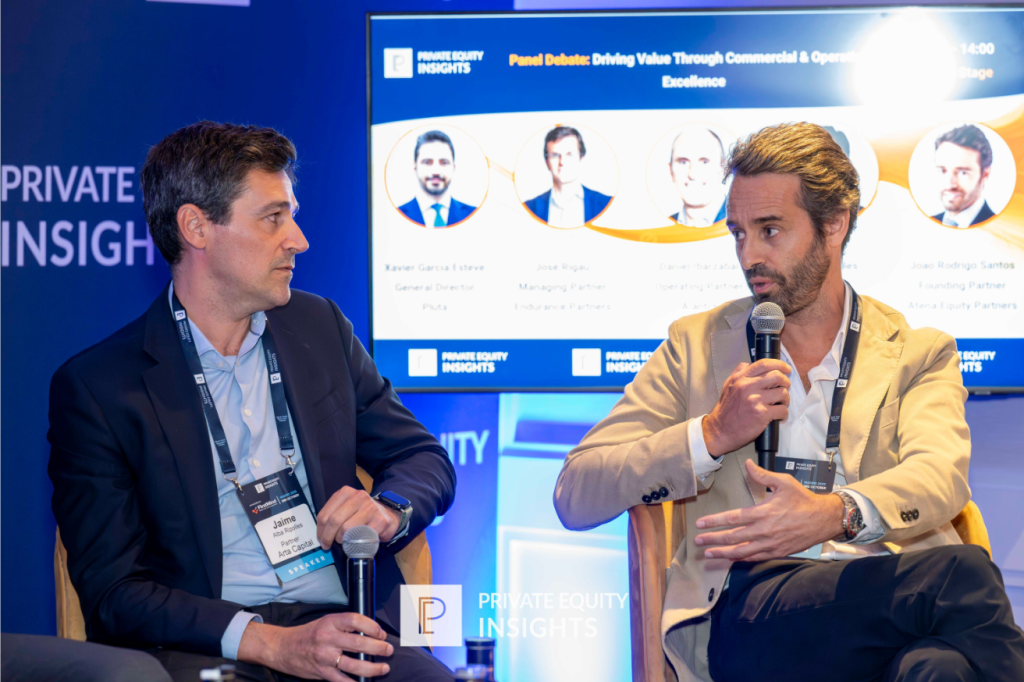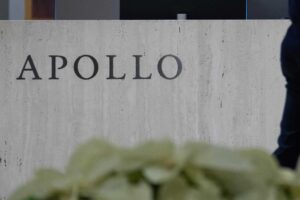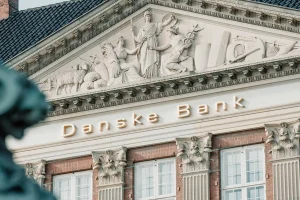In Iberian private equity, simplicity is becoming the new advantage


Private equity investors across Iberia are rethinking how they create value. In a region defined by family ownership, operational inefficiencies, and smaller deal sizes, the focus has shifted from financial structuring to operational discipline, execution, and simplicity.
The firms most active in the market described an investment environment where clarity and focus matter more than capital. Companies are often founder-led and cash constrained, requiring investors to implement systems and professionalise management without disrupting what already works.
José Rigau, Managing Partner of Endurance Partners, said his firm’s sourcing model is entirely situation-driven. “We need to understand why the company got there,” he said. “Ideally it would be from a strategic loss, something we can identify and be sure we will be able to solve.” Endurance invests in distressed or overleveraged businesses but avoids project-based firms or long supply chains where complexity erodes control.
For Alantra, the challenge is guiding family businesses through the transition to institutional ownership. “The first thing is to do the transition from a company that has been owned very successfully by a family to the private equity standards,” said Daniel Ibarzabal, Operating Partner at Alantra. “Timing is different, reporting is different. Every month has to be good.” He added that strong teams and a clear focus on growth are central to every value creation plan.
At Artá Capital, operational excellence starts with structure. Partner Jaime Alba Ripollés said his firm uses proprietary tools to identify niche leaders, then implements what he described as a “500-day plan” to unlock value. “We focus on what can add more value,” he said. “When you bring in the right professionals, they pay off their salary five, tenfold.”
João Rodrigo Santos, Founding Partner of Atena Equity Partners, said his firm targets “underdogs”, namely smaller companies in solid sectors that have fallen behind their peers. The approach often requires buy-ins, full control, as well as installing new management. “When you buy a company, you don’t buy anything,” he said. “You need to earn the right to sit at the table with the people that have been leading that business.”
The panellists agreed that simplicity is key to execution. Ibarzabal said the most effective strategies are built on a handful of priorities rather than long lists of metrics. “It has to be clear that there are two or three objectives, not 150,” he said. Rigau described Endurance’s internal model as a “one-page plan,” short enough for CEOs to recall easily and structured around a few measurable goals.
The emphasis on simplicity reflects a broader cultural shift in Iberian private equity. Santos noted that investors must “add value, not only add complexity,” particularly when working with founders unused to private equity ownership. In such cases, clear communication and limited KPIs matter more than detailed reporting systems.
Exit timing, too, is treated as a function of readiness and market conditions rather than a fixed timeline. “Exiting is always about a degree of completion of the value creation plan and the frothiness of the exit market,” said Santos. “Your job is to try to put these two together.”
What emerges is a portrait of a market defined less by leverage and more by precision. Iberian private equity is returning to fundamentals: identifying clear problems, executing simple plans, and maintaining operational discipline. The formula may sound basic, but as the region’s investors made clear, simplicity has become the most reliable route to returns.
by Andreea Melinti
If you think we missed any important news, please do not hesitate to contact us at [email protected].
Can`t stop reading? Read more.




